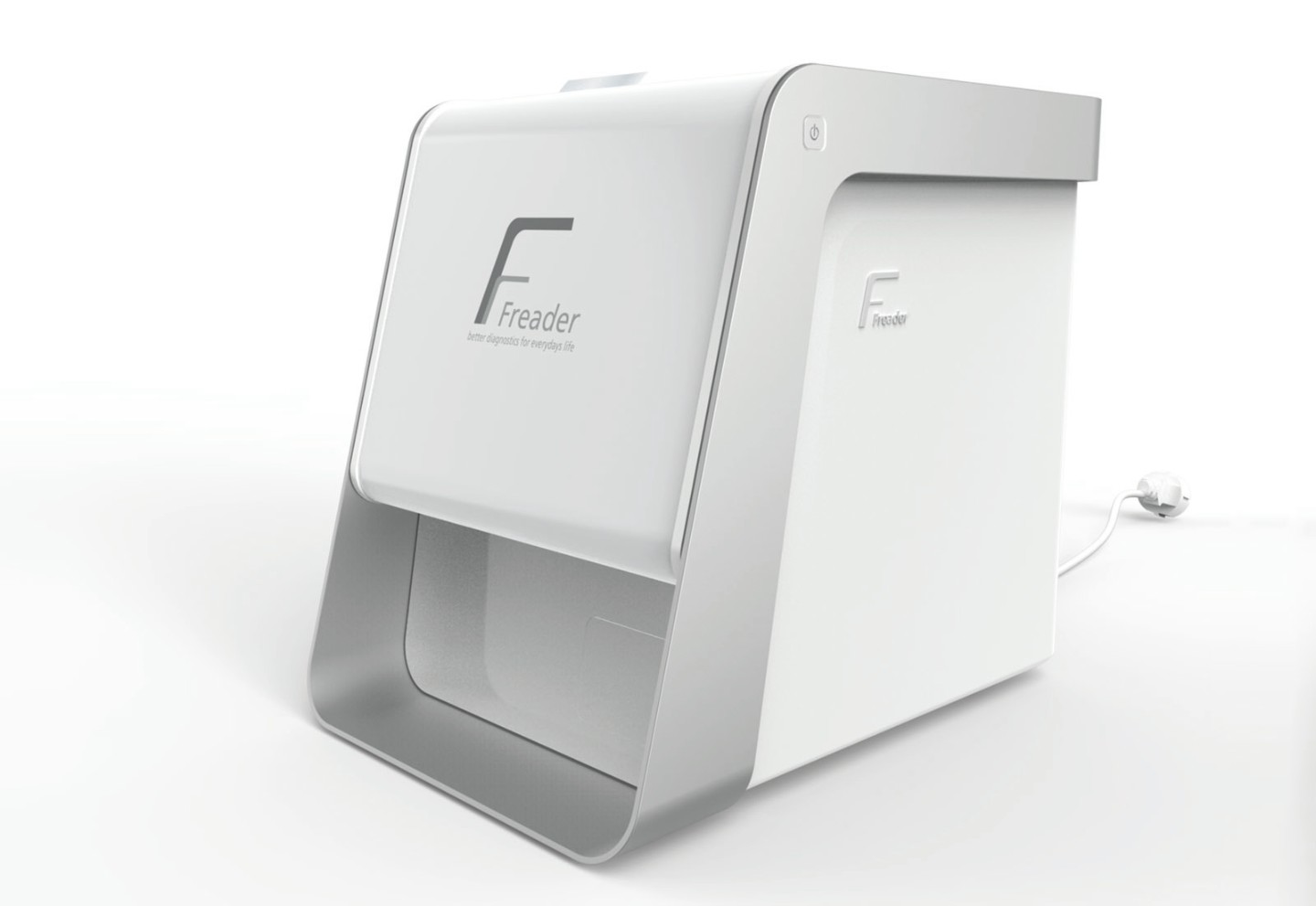Scientists from the Fraunhofer Institute for Cell Therapy and Immunology, working with the German microbiology and food analysis laboratory SELEKTIS GmbH as part of a ProFIT project, developed a rapid test for Salmonella capable of determining if a food contains Salmonella in less than 8 hours. The process reduces the enrichment step from 18 hours to 4-6 hours by creating a rapid culture growth that allows their detection much faster. The DNA of the salmonellae is amplified and automatically detected by extracting the DNA of the salmonellae and amplifying them by molecular biological means so that they can be detected after a further 30 minutes. The researchers can use fluorescent dyes to label the replicated DNA and detect it using capture molecules. Dr. Peter and his team plan to develop a system that automatically performs all procedures that are done manually, such as cultivation, enrichment, molecular biological replication, and detection. @ https://www.fraunhofer.de/en/press/research-news/2020/february/rapid-test-to-detect-salmonella-in-food.html
In Germany Fraunhofer developed a Rapid test to detect salmonella in food
Rapid test to detect salmonella in food
Anyone can get salmonella poisoning, but babies, toddlers, the elderly and people with immunodeficiencies are particularly susceptible. For people with weakened immune systems, the gastrointestinal disease can lead to serious complications. So far it has taken several days to detect salmonella in food. A new rapid test being developed by Fraunhofer researchers will detect the germs in less than eight hours.
No comments

